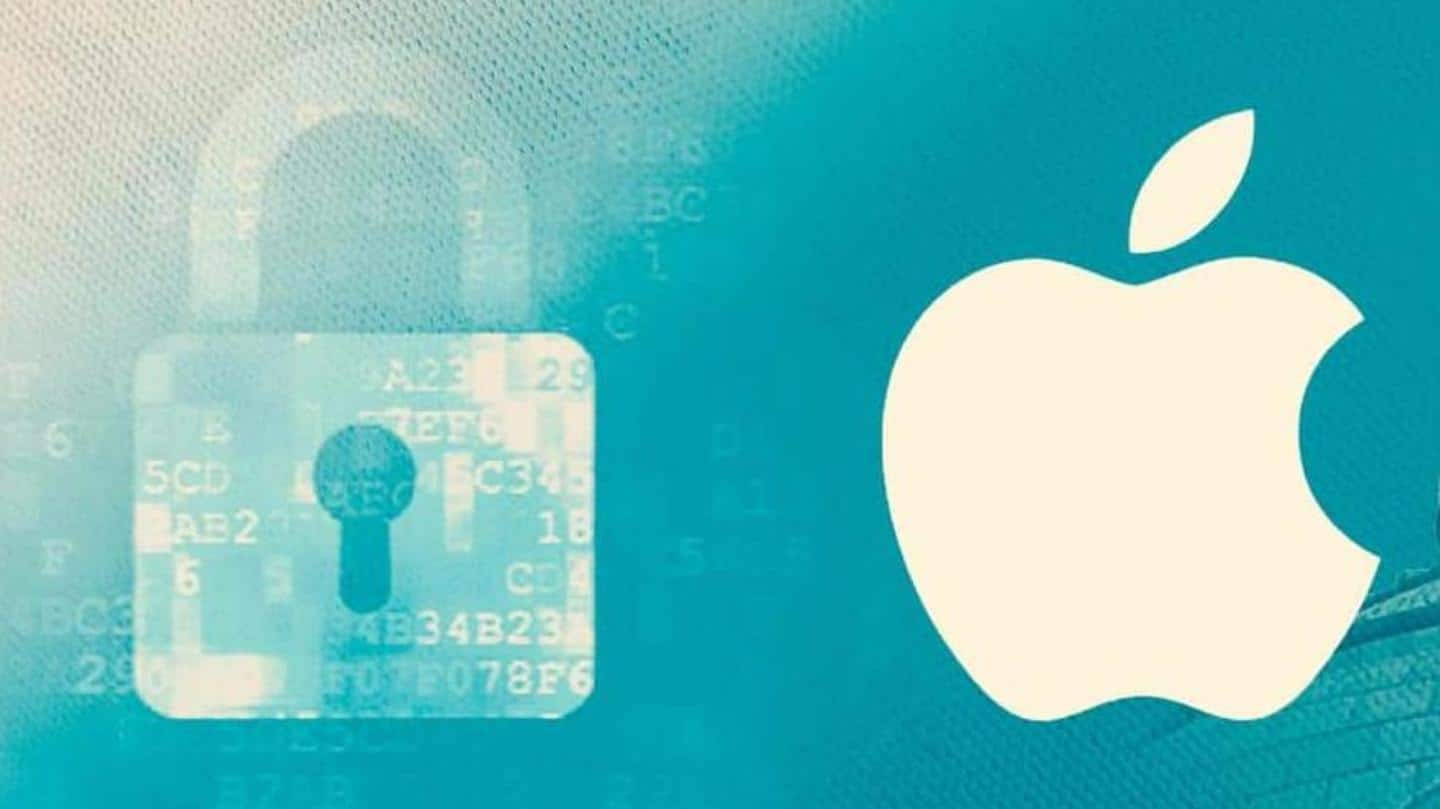What is Apple's 'Lockdown Mode' and how does it work?
What's the story
Cupertino tech giant Apple has announced a new security feature for its upcoming iOS 16, iPadOS 16, and macOS Ventura software.
Called 'Lockdown Mode,' it will offer specialized protection to users who may be at risk of highly targeted cyberattacks.
Once enabled, some basic features will be disabled, thus inconveniencing the users. However, it is a small price to pay for more robust security.
Context
Why does this story matter?
According to Apple, the Lockdown Mode will protect users from "highly targeted cyberattacks from private companies developing state-sponsored mercenary spyware."
The announcement comes in the wake of rising spyware attacks against iPhones.
Journalists, businessmen, politicians, and human rights activists, who are on the hitlist of state-sponsored attackers, will greatly benefit from this feature as it will safeguard their data and device from getting compromised.
Security
What happens when Lockdown Mode is activated?
According to Apple, Lockdown Mode is a software feature that only permits attachments containing images. Certain features like link previews are also disabled.
The function blocks all incoming invitations including FaceTime calls from strangers, if the user has not called that person before.
It also disables complex web technologies such as just-in-time (JIT) JavaScript compilation. Users have to manually exclude the trusted sites.
Official words
'Lockdown Mode will protect users from sophisticated cyberattacks'
Describing the need for Lockdown Mode, Apple's head of Security Engineering and Architecture, Ivan Krstic said, "Lockdown Mode is a groundbreaking capability that reflects our commitment to protecting users from the rarest, most sophisticated attacks."
"While the vast majority of users will never be victims of highly targeted cyberattacks, we will work tirelessly to protect the small number of users who are," he added.
Grant
Apple is offering bounty for finding flaws in Lockdown Mode
Apple has announced a reward program for researchers who can find flaws in Lockdown Mode and help in improving its protections. The company is offering bounties of up to $2,000,000 (around Rs. 15.8 crore).
The tech giant is also making a $10 million (roughly Rs. 79 crore) grant to aid companies that investigate and prevent highly targeted cyberattacks.
Big worry
Spyware attacks are on the rise
Spyware attacks against devices running on Android and iOS are gradually increasing.
Recently, reports of spyware called Hermit being used in Italy and Kazakhstan came into the news.
Some rogue nations have purchased Israel-based NSO Group's Pegasus to spy on iPhones and Android devices. Apple has already sued the company.
Even billionaire Jeff Bezos' iPhone was hacked using Pegasus in January 2020.
